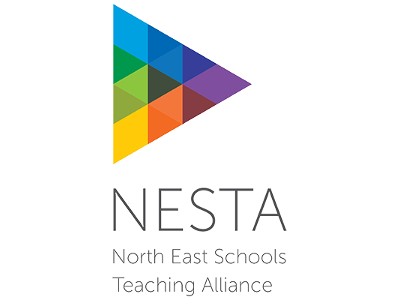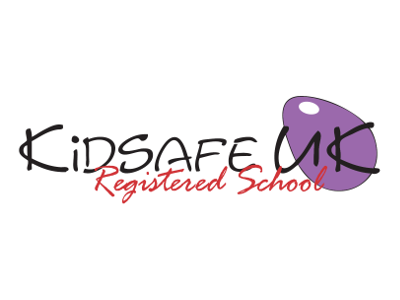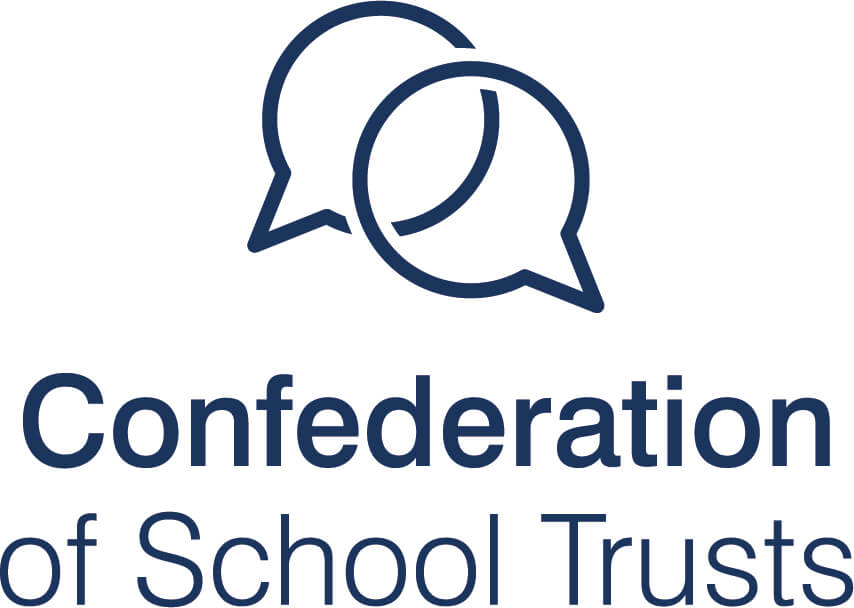Religious Education – Year 4
Download
Download our Year 4 Religious Education syllabus here.
| Knowledge and Understanding | Skills | Communicating |
| Learning about religion (AT1) I can describe the key aspects of religions, especially the people, stories and traditions that influence the beliefs and values of others. I can investigate the significance of religion in the local, national and global communities. I can consider the meaning of a range of forms of religious expression, and understand why they are important in religion. Learning from religion (AT2) I can reflect on what it means to belong to a faith community. I can reflect on sources of inspiration in my own and others’ lives. I can reflect on ideas of right and wrong and my own and others’ responses to them. | Learning about religion (AT1) I can use specialist vocabulary in communicating my knowledge and understanding. I can use and interpret information about religions from a range of sources. | Learning about religion (AT1) I can, in talk, begin to describe the similarities and differences between religions. Learning from religion (AT2) I can reflect on what it means to belong to a faith community, communicating my own and others’ responses. I can discuss their own and others’ views of religious truth and belief, expressing my own ideas. |
| Problem Solving |
| I can ask and respond imaginatively to puzzling, relevant questions. |
| ICT Links | Visits/trips |
| I can use iPads to photograph religious buildings in the local area. I can use iPads to research religion. | Church visit in local community. Diversity Week. |
| Autumn Focus | Spring Focus | Summer Focus |
| Why do religions have rules? What do Hindus believe about God? Why do Christians celebrate Christmas? | How and why do religious people pray? Easter Why is Lent such an important time for Christians? | What can we learn about symbols and beliefs from visiting religious buildings? What do religions believe about life after death? |
Reviewed Summer 2012 – ND, MH
Reviewed Summer 2012 – ND Subject Leader
Reviewed Summer 2014 – ND, SP, Subject Leaders











